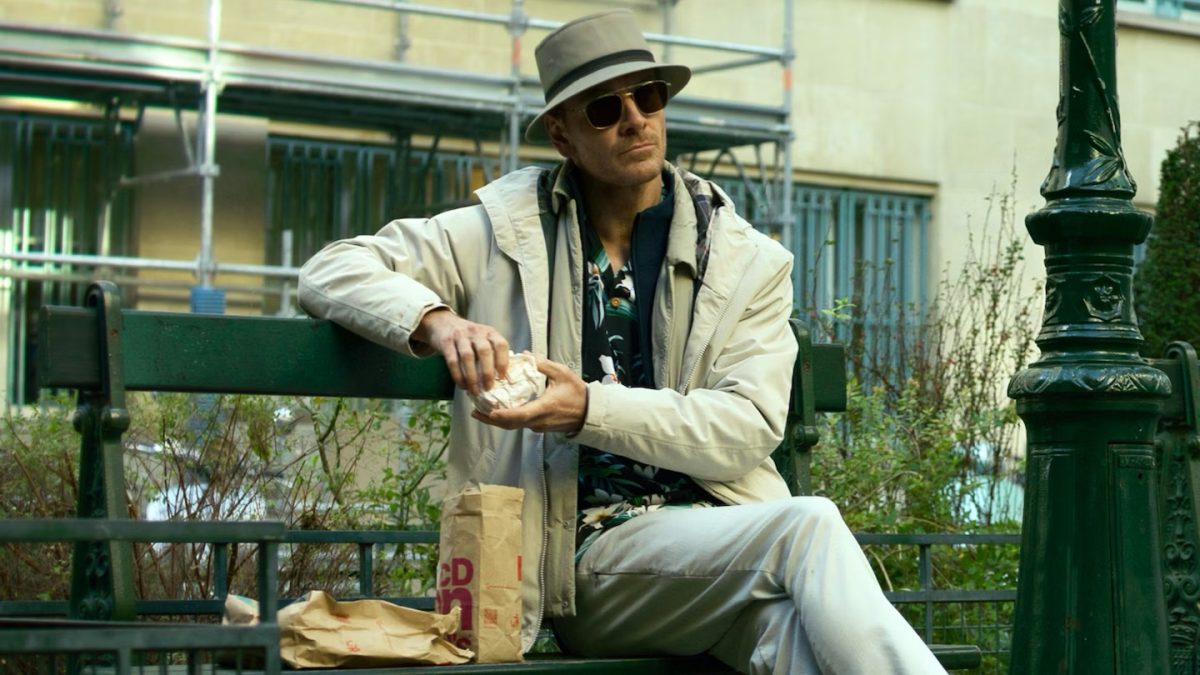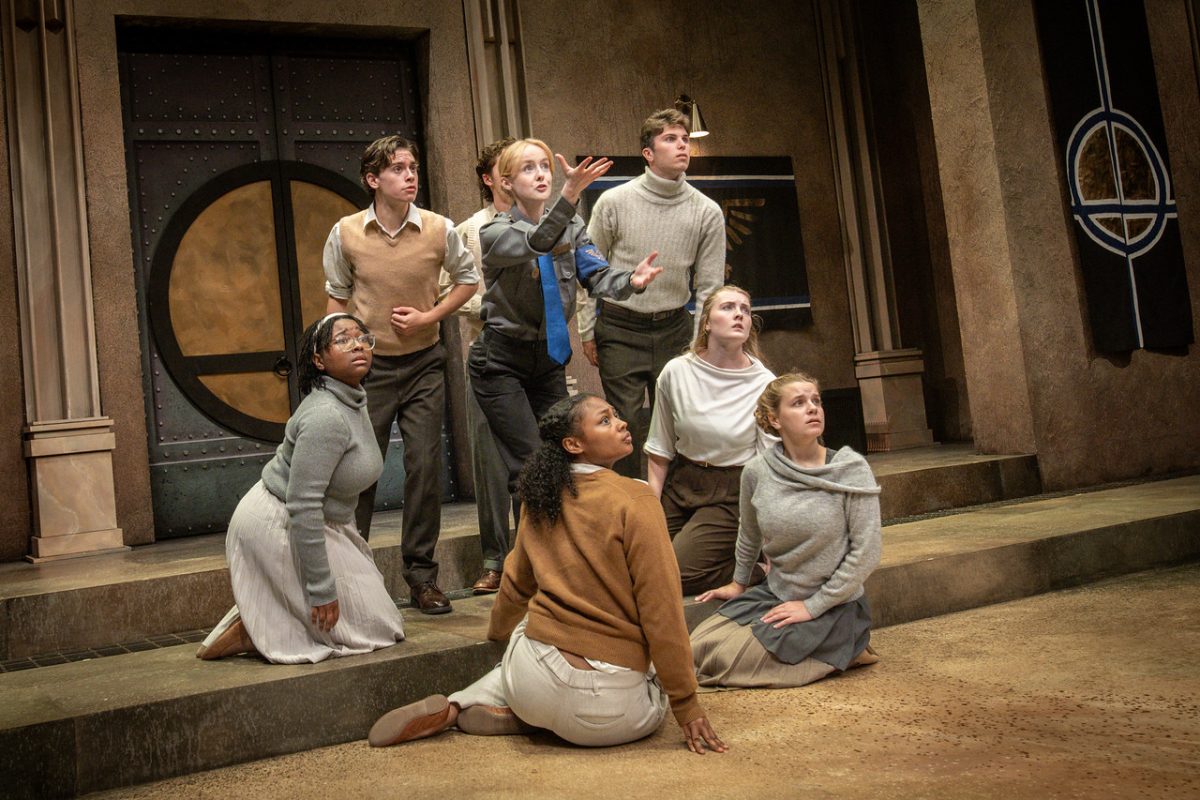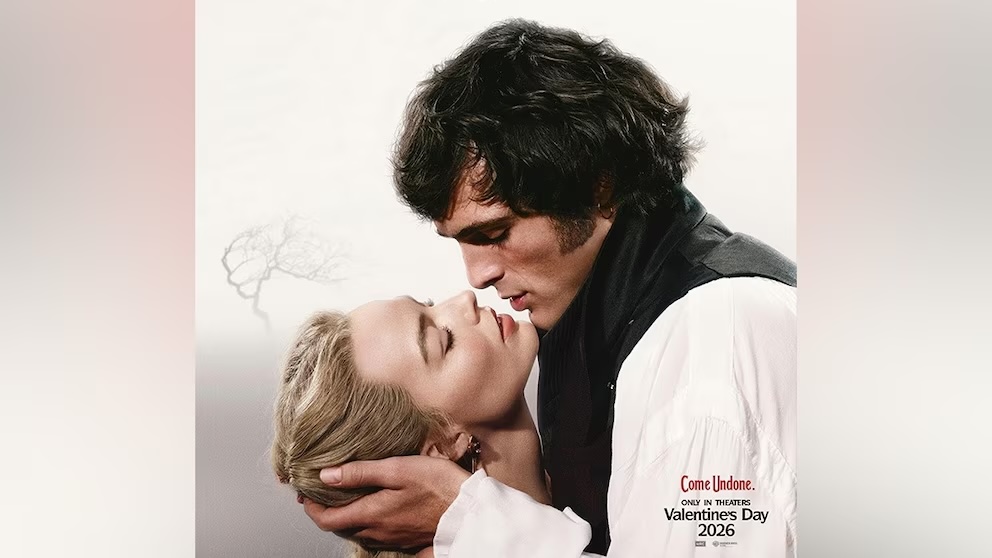David Fincher, the director of landmark 1990s films including “Seven” and “Fight Club,” has spent the last decade or so seeming somewhat dissatisfied with his cultural legacy. His last several films, which include the long and methodical “Zodiac,” stolid Old-Hollywood history “Mank,” and now “The Killer,” are totally disinterested in satisfying the desires of the audience that made “Fight Club” posters a dorm room cliche.
On the surface, “The Killer” is a return to some of Fincher’s classic preoccupations: it’s a fast-paced thriller about a hitman who attempts to carry out his job with surgical precision. The key word, though, is “attempts.” What distinguishes the title character from the suave and hyper-competent characters in films like “Fight Club” is that the killer immediately and comprehensively fails to execute his mission.
The movie opens with a near-20-minute sequence in which the assassin, played by Michael Fassbender, lies in wait for his target in a rented Paris WeWork space. He does yoga, listens to The Smiths and smugly monologues about his foolproof code in voiceover. “Stick to the plan,” Fassbender’s disembodied voice confidently intones. Ironically, his plan goes awry. He misses the shot, and the target escapes.
The remainder of the film consists of the killer frantically traversing the globe, trying to save his own life by taking others. Essentially, he’s carrying out some very bloody damage control. While he eventually succeeds, he comes across as a total idiot at nearly all times.
Fassbender monologues ad nauseam about his plans, his methods and his code of honor. He thinks of himself as a contemporary of the title character in Jean-Pierre Melville’s iconic gangster film “Le Samourai,” but in reality, hews closer to Michel Poiccard, the bumbling thief from Godard’s “Breathless.”
Taken out of context, Fassbender’s inane monologuing seems like the kind of hyper-masculine posturing that made “Fight Club,” Mary Harron’s “American Psycho” and Nicolas Winding Refn’s “Drive” into alpha-male internet memes despite the filmmakers’ intended satirical bent.
In the context of the film, however, the voiceover is ludicrous. The killer fancies himself a high-class, dignified criminal, but he’s just a participant in the gig economy. Fincher makes this connection explicit several times, most notably when Fassbender takes a job as a Postmates driver to infiltrate a target’s penthouse.
The most revealing moment in the movie comes midway through when Fassbender sits down for dinner with one of his targets, played by Tilda Swinton. Swinton picks apart the killer’s psychology, employing a vulgar analogy about a hunter to call into question why exactly he has sought her out.
In the face of Swinton’s punishing dissection, the killer’s ritualistic devotion to the plan and the method seems stupid. Indeed, he is only able to complete his missions when he veers away from his ideals.
“The best type of plan,” Song Kang-Ho’s character advises in Bong Joon-Ho’s 2019 film “Parasite,” “is no plan at all.” The killer has to find that out the hard way — his strict adherence to his code is not an aid to his goals but an obstacle.
Instead of satirizing masculinity by presenting exaggerated representations of its ideals as he did in “Fight Club,” “The Killer” finds Fincher pointing and laughing at a fool who erroneously believes that his identification with those representations makes him a similarly confident, ultra-masculine figure. It is a contemptuous film, actively hostile to the audience that it seems at first glance to be made for.







